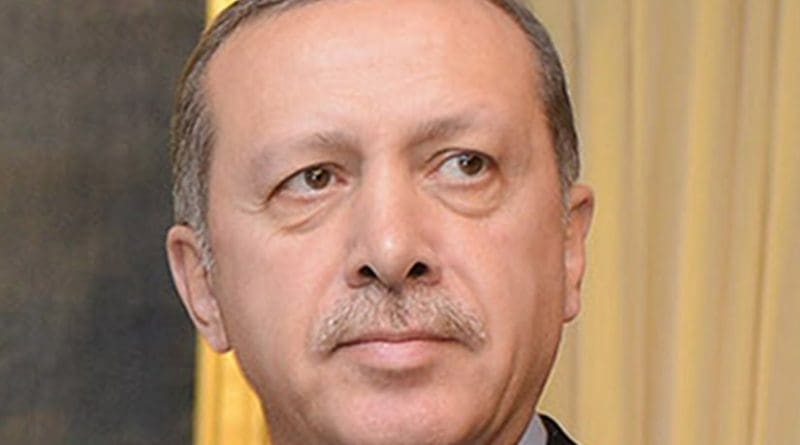Turkey: Attempted Coup And The Future Of Erdogan – OpEd
Without knowing much about the identity of the Turkish coup leaders, it is fairly certain that irrespective of their likely failed attempt, they have delivered a stunning blow to the presidency of Mr. Erdogan, who must now reckon with deep fissures within the country’s armed forces, which has a long tradition of political interventions.
The crisis set off by the coup on July 15 will likely reverberate for sometime, irrespective of Erdogan’s attempt to downplay it. But, for an embattled president who had to resort to social media to get his message to the population out, whose presidential palace was attacked, the success of his supporters to defeat the coup-makers is bound to be tarnished by the inevitable realization that Erdogan is in serious trouble and must initiate serious changes if he wants to survive in the future.
Having consolidated power and reduced the office of prime minister to a mere prop for presidency, Erdogan must surely be jolted by the surprise coup that has led to bloodshed and considerable chaos in Turkey’s capital as well as Istanbul. For a man who has championed the cause of regime change in neighboring Syria for the past five years, with absolutely no success save the mass refugees and the import of Syrian chaos inside his own country, Erdogan may be politically humbled by the coup that must have enjoyed serious support from the army’s and police’s rank and file in order to be orchestrated at such level. If he manages to subdue the coup-makers, Erdogan will be undoubtedly indebted to a wing of the military brass, who will press him on important national issues. In other words, a Faustian bargain is probable, which will manifest itself over time rather than immediately.
A big question is, of course, what kind of adjustments Erdogan and his ruling party will make for the sake of stability and political continuity?
Chances are that Erdogan will lean in favor of more inclusionary politics, by reaching out to the political opposition more than ever before, to consolidate his counter-coup gains. With respect to the burning foreign policy issues, this event will likely prompt Erdogan toward greater moderation on Syria, which has been fed up with Turkey’s massive interference in Syria’s internal affairs.
Ankara needs to reach a modus vivendi with Damascus, which is in the interests of both countries that are suffering from terrorism. In turn, this would mean a less Saudi-dependent Turkey, which must acknowledge the huge mistake of becoming somewhat Saudi-centric and following the Saudi’s destructive script on Syria. A de-Saudification of Turkish foreign policy orientation may be in the offing now that the pro-Saudi forces are facing serous backlashes in Russian and Iran-backed Syria.
Already, Erdogan has begun the initial steps, by trying to mend relations with Russia, which annually sends some five million of its inhabitants to Turkey as foreign tourists. Yet, to be really meaningful, the new thaw in Russia-Turkey ties would have to tap into the existing sources for unity of action with respect to Syria. Only then can Turkey legitimately claim that it is free from the rotten influence of radical jihadists, who are on the run in several parts of Iraq and Syria. Incredibly, such huge changes in Turkey may well come about due to the depth of Turkish democracy, put visibly on display in the mass counter-coup rallies throughout Turkey. All is well that ends well, and perhaps, this was a timely wake up call to Erdogan to stop the destructive policies and reach for brand new ones in the region and beyond.

